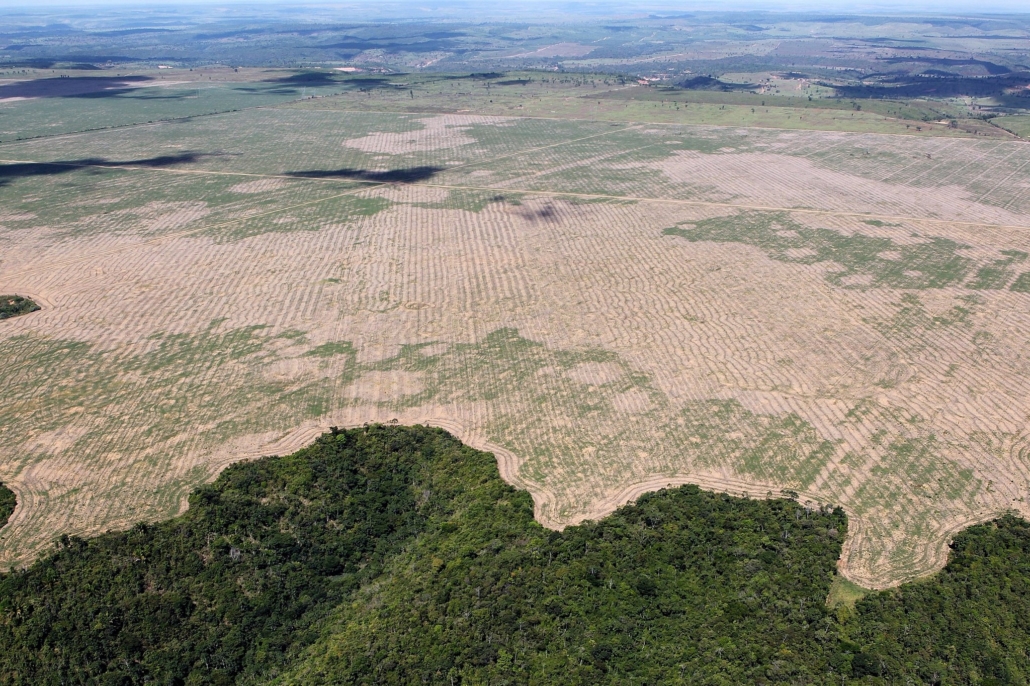
Replacing beef with cellular protein halves deforestation
Replacing 20% of global beef consumption with fermentation-derived microbial protein by 2050 could halve annual deforestation and associated carbon dioxide emissions.
As the negative environmental impacts of ruminant meat consumption become more evident including those concerning greenhouse gas emissions or land use changes the incorporation of animal-free alternatives is being encouraged for improved health and sustainability. Previous studies of fermentation-derived microbial protein, such as mycoprotein (a commercially available meat alternative), have estimated potential environmental benefits. However, these assessment methods are often static, with limited scalability.
Florian Humpenöder and colleagues from University of Göttingen, Germany, investigated the potential land-use-based environmental impacts of partially replacing dietary beef with sugar-based microbial protein on a global scale, up to 2050. The authors also considered socioeconomic factors such as a rising demand for livestock, population expansion and increases in income. Overall, the authors estimate that replacing 20% of the beef that is consumed globally per person with microbial protein by 2050 would result in a 56% reduction in annual deforestation and associated carbon dioxide emissions, compared to a reference, non-substitution scenario. Increasing substitution levels beyond this point, however, would not result in linear increases in land-saving effects. The authors predict that this may be the result of the requirement for changes in the structure of agricultural production.
The authors conclude that, beyond complementing findings of previous studies, their results provide more dynamic projections of the potential land-use-based environmental impacts of substituting beef with microbial protein, with greater consideration for the contexts that frame environmental pressures


 Immunic/Nela Dorner
Immunic/Nela Dorner
